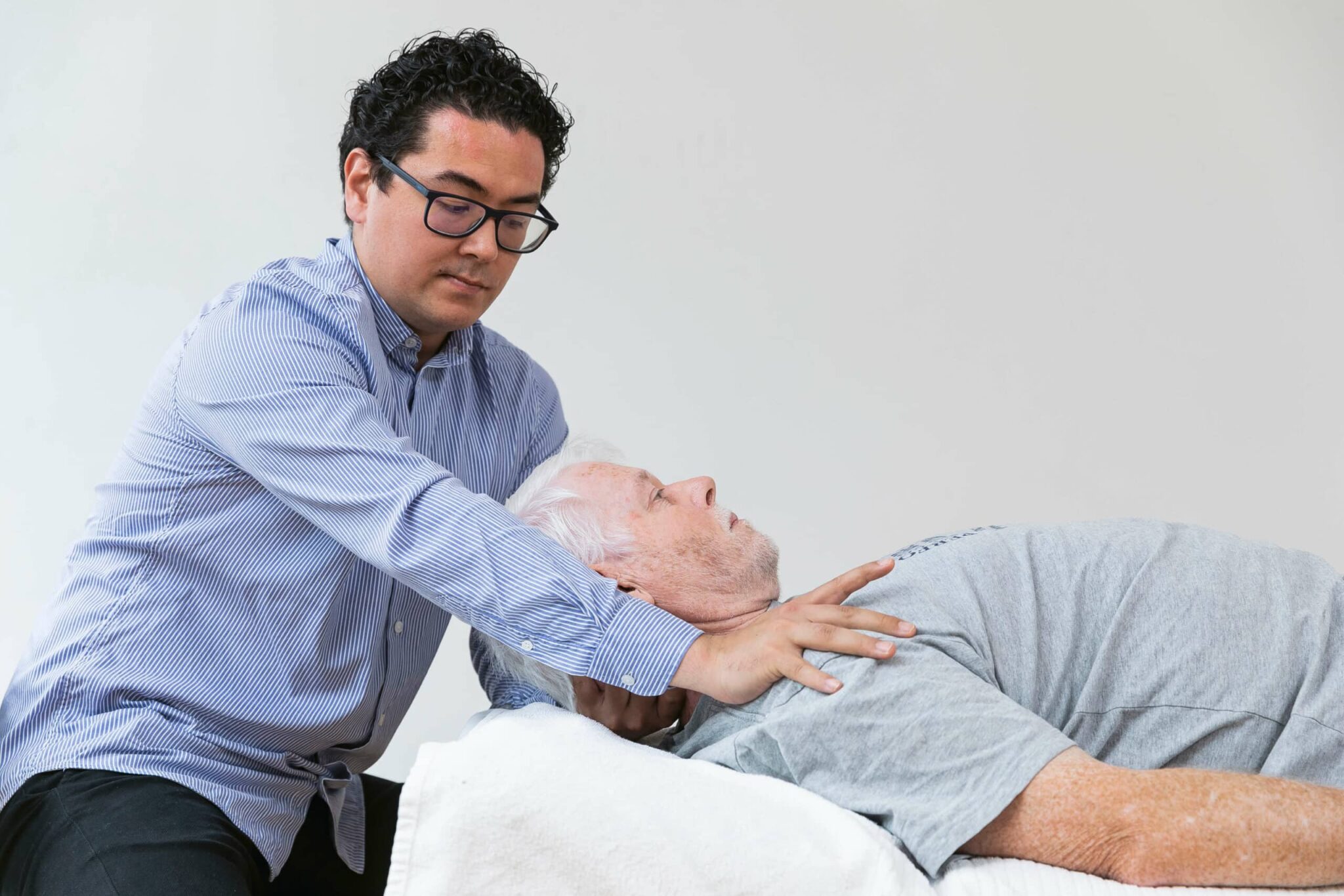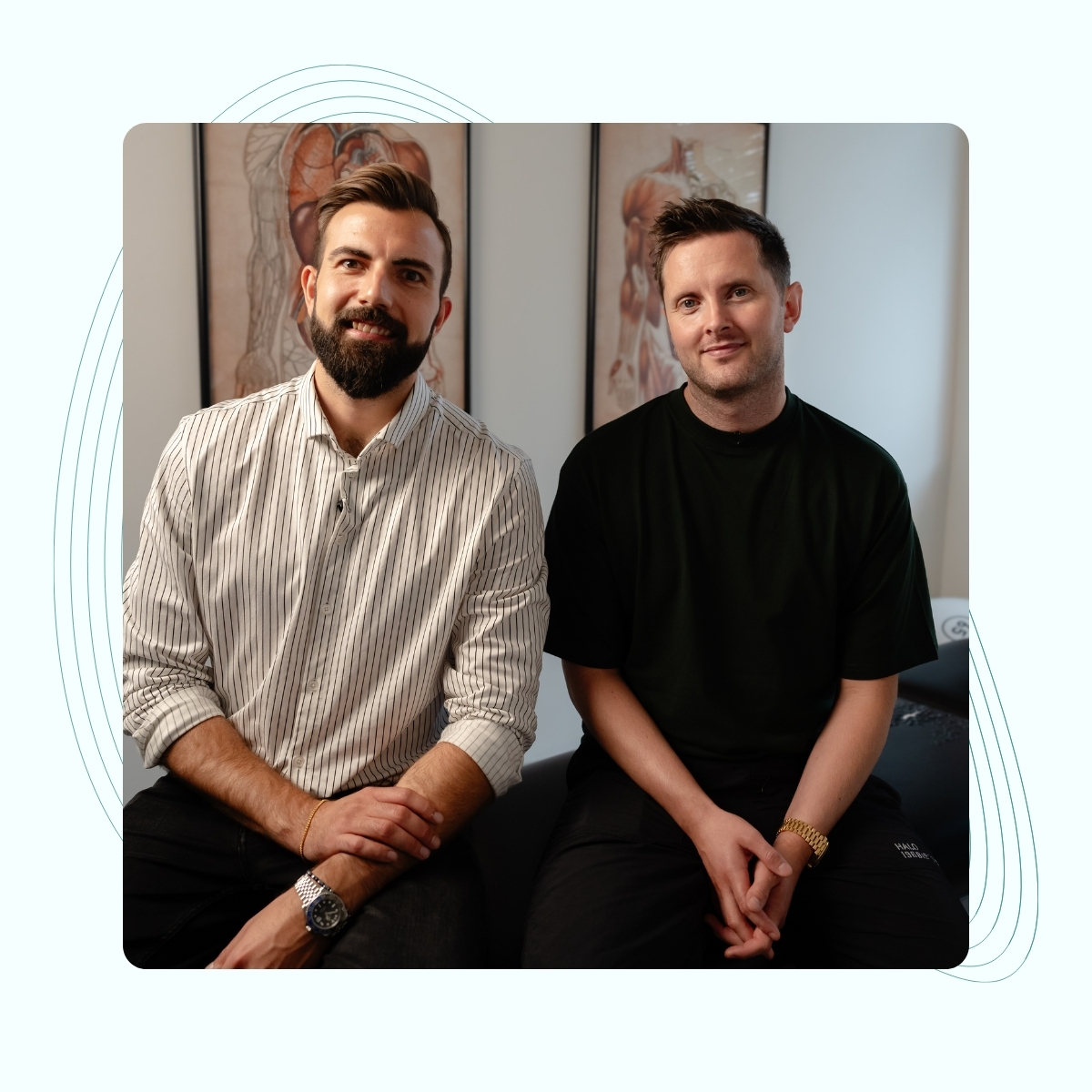What is Alzheimer’s?
Alzheimer’s is a progressive neurodegenerative disease that affects the brain, causing gradual breakdown of brain cells and deterioration of cognitive functions such as memory, thinking and behavior.
What are the first signs of Alzheimer’s?
The first signs of Alzheimer’s may include memory loss, especially short-term memory, trouble performing routine tasks, loss of interest in social activities, language problems, and confusion about time and place. Symptoms will gradually worsen over time and can lead to problems performing daily tasks and communicating.
Can Alzheimer’s be cured?
Alzheimer’s cannot be cured, but treatments and therapies can help slow the progression of the disease and relieve symptoms. Treatment options may include medication, cognitive therapy, lifestyle changes, and support from family members.
Medication is the primary treatment for Alzheimer’s disease.
There are several different medications available that can help improve symptoms and slow the progression of the disease. These medications work by increasing the amount of neurotransmitters in the brain, which are important for transmitting information between brain cells.
Lifestyle changes may include exercise, a healthy diet, and regular social interaction.
Research has shown that exercise can help improve cognitive function and reduce the risk of Alzheimer’s disease.
A healthy diet rich in antioxidants and omega-3 fatty acids can also help protect the brain from damage and inflammation.
Alternative therapies such as acupuncture, massage, and aromatherapy may also be beneficial for people with Alzheimer’s disease. These therapies can help reduce stress and improve sleep, which can improve symptoms and increase quality of life.
It is important to remember that treatments for Alzheimer’s disease can vary from person to person, and it is important to talk to a doctor about the best treatment options.
How quickly does Alzheimer’s develop?
The rate at which Alzheimer’s progresses varies from person to person. Some people may have the disease for years without noticing any significant symptoms, while others may experience a more rapid worsening of symptoms. In general, however, Alzheimer’s will continue to worsen over time.
Why do people get Alzheimer’s?
The causes of Alzheimer’s are not fully understood, but researchers believe it may be a combination of genetic, environmental, and lifestyle factors. Age is also a significant risk factor, as the disease often affects older people.
What does Alzheimer’s feel like?
Alzheimer’s can feel different from person to person, but common symptoms can include memory loss, confusion, irritability, and difficulty communicating and performing routine tasks. It can also lead to anxiety, depression, and isolation.
How to avoid developing Alzheimer’s?
While it is not possible to completely prevent Alzheimer’s, there are certain lifestyle changes that can help reduce the risk of developing the disease. These include eating a healthy and balanced diet, exercising regularly, staying mentally active, avoiding tobacco, and limiting alcohol consumption. It is important to maintain a healthy sleep schedule and manage stress in a healthy way.
- Make sure to maintain good cardiovascular health, as research has shown a link between cardiovascular disease and an increased risk of Alzheimer’s. This can be achieved by controlling blood pressure, blood sugar and cholesterol, avoiding excess weight and exercising regularly.
- Maintain healthy social connections and stay mentally active throughout life. Research has shown that challenges to the brain involving learning, memory, and thinking can help build mental reserves and help reduce the risk of Alzheimer’s.
- Regular health check-ups and contact your doctor if you notice symptoms of Alzheimer’s or other cognitive problems. Early diagnosis and treatment can help slow the progression of the disease and improve quality of life.
Osteopathy and Alzheimer’s
Osteopathy cannot treat the disease. In some cases, osteopaths treat Alzheimer’s patients with the aim of relaxing the muscles and connective tissue, resulting in well-being.



